Fieldwork
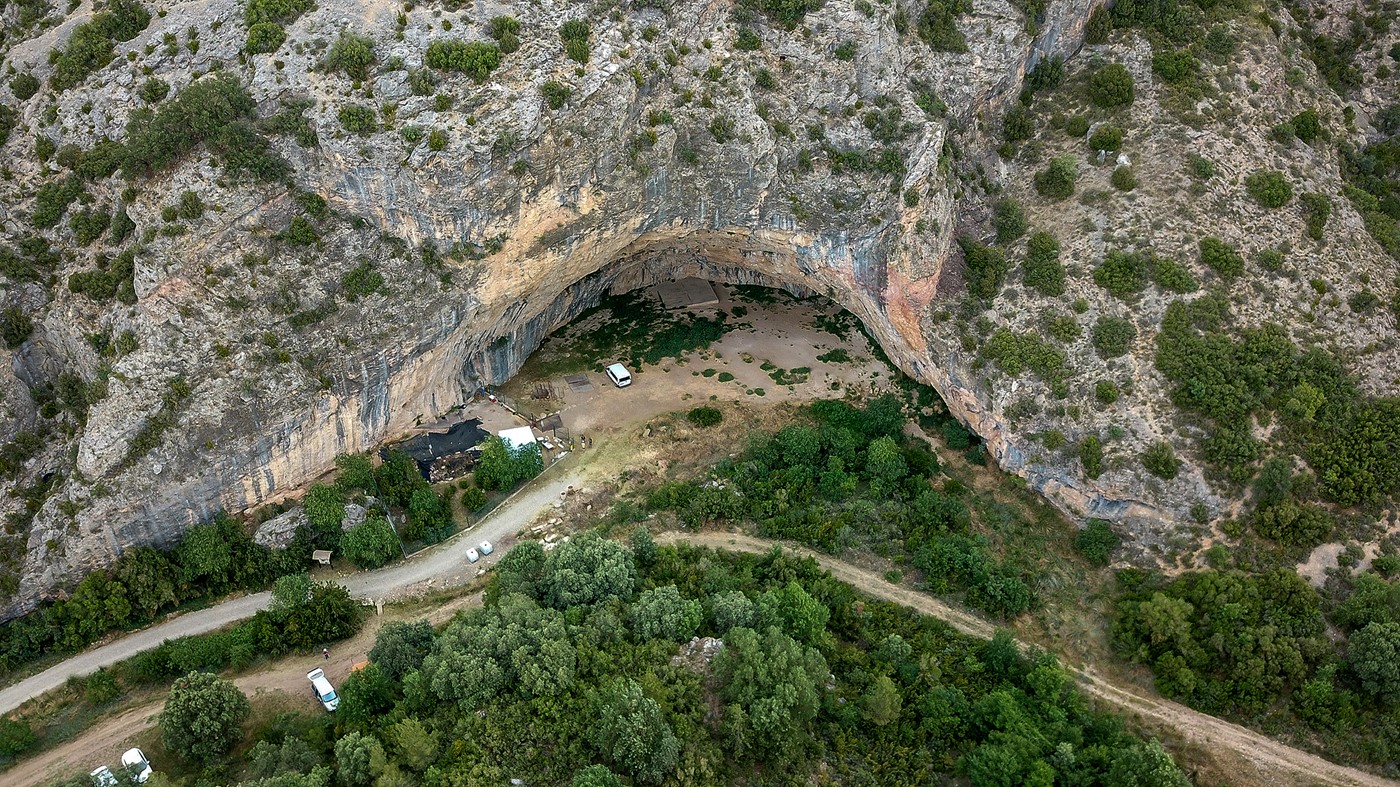
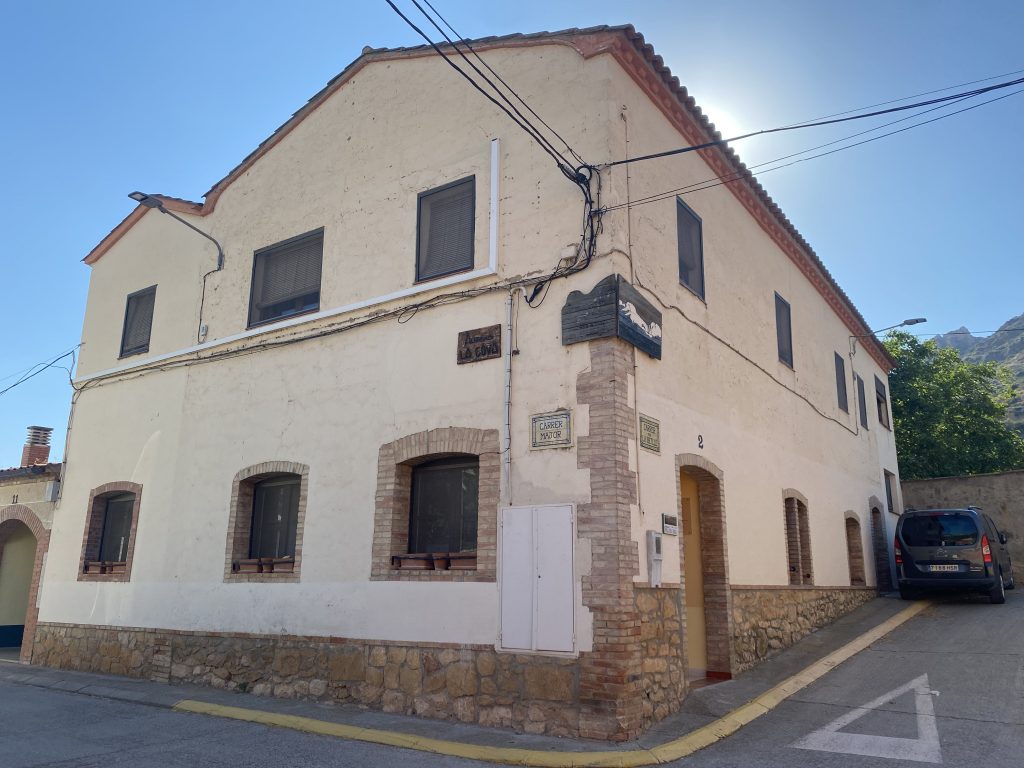
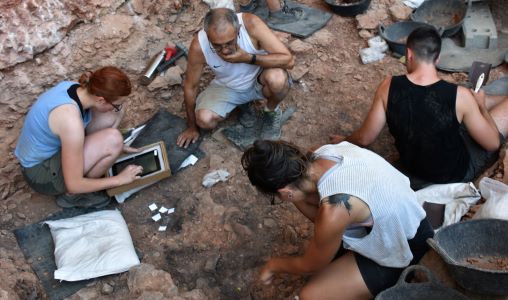
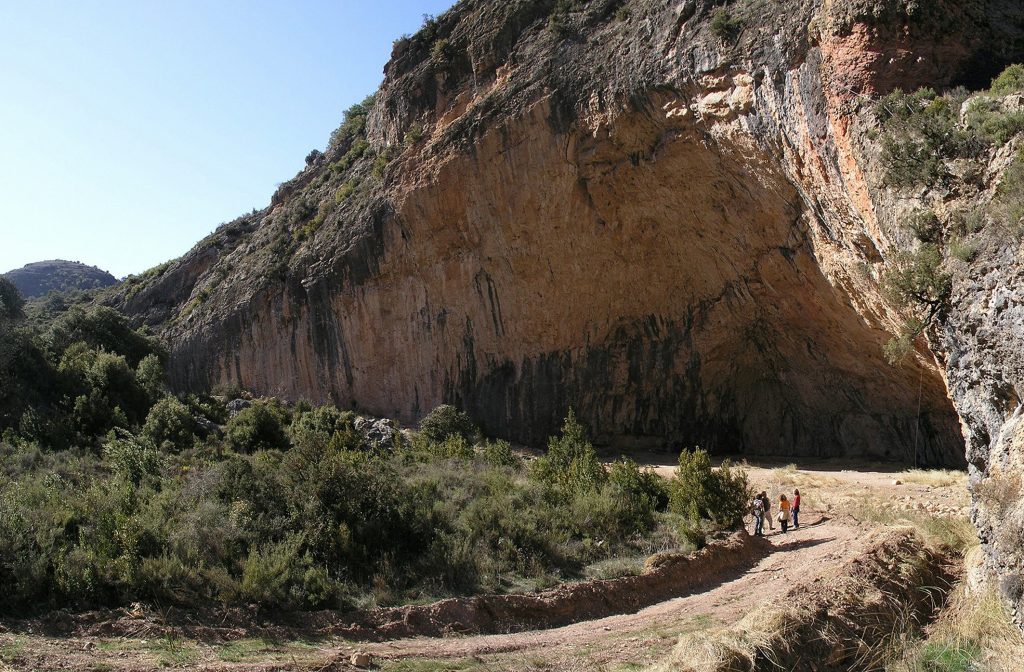
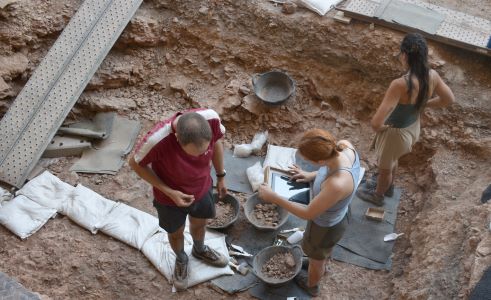
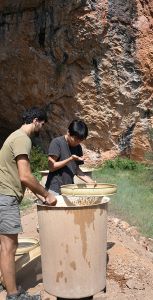
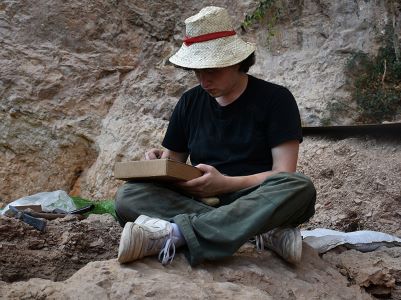
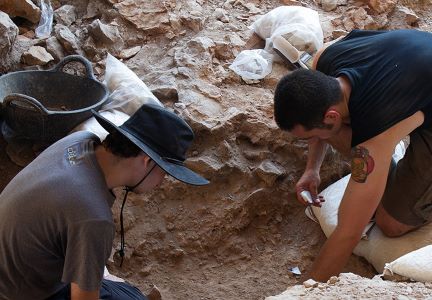
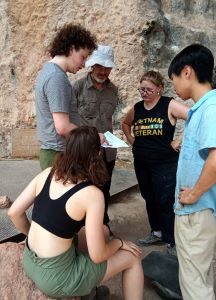
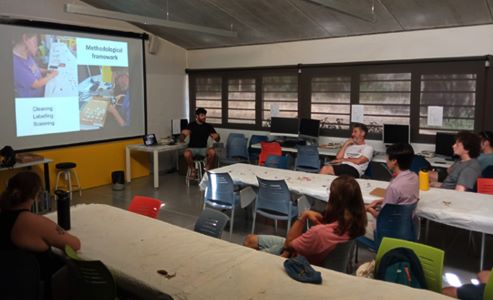
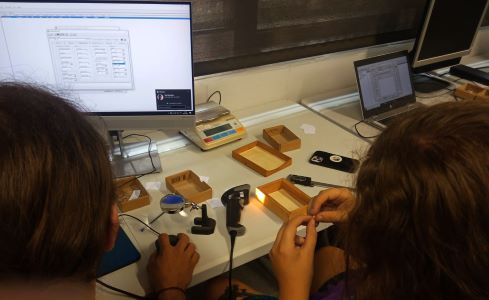
Location: Cova Gran de Santa Linya, Os de Balaguer, Spain
Season: June 22, 2024 to July 20, 2024
Application Deadline: April 6, 2024
Deadline Type: Rolling
Website: https://www.fieldsciences.org
Discount for AIA members: No
Program Type:
Field School
RPA Certified:
No
Affiliation:
Center for Field Sciences (US), Universitat Autonoma Barcelona (Spain)
Project Director:
Prof. Rafael Mora Torcal & Dr. Jorge Martínez-Moreno
Project Description:
Human settlements in mountain landscapes are important for understanding prehistoric lifestyles. Traditionally, these harsh and unattractive environments have played a marginal role in paleoanthropological discussions. However, the investigation of mountain sites with evidence of foragers sheds light on utilization of resources, adaptation to the environment and social structures and organization. Hunter-gatherers have been documented and are well known in some parts of the Old World but understanding of this organizational system in the south Pyrenees of Spain remains elusive. Archaeological sites attributed to the Upper Pleistocene and Holocene are rare in this region, and it is difficult to trace human occupation trends throughout these periods. The notion that the south Pyrenees could be considered an “empty” landscape deserves to be explored further. Cova Gran de Santa Linya (Lleida, Catalunya) is a rock shelter located at the seam between the first range of the southern Pyrenees. The cave is rich in evidence of human occupation covering the last 50,000 years of human settlement in the area. Investigation at the site allows us to recognize both the evolution of forager groups and the differences between Neanderthal and anatomically modern human (AMH) adaptive strategies.
Period(s) of Occupation: Paleolithic and Neolithic periods
Notes:
Tuition: $4,400. Tuition covers full cost of instruction, room & board and transportation. 8 Semester Credit Units (equivalent to 12 Quarter Credit Units) are awarded through our School of Record – Culver Stockton College
Project Size: 1-24 participants
Minimum Length of Stay for Volunteers: Full length of the program
Minimum Age: 18 years old
Experience Required: None. This is hands-on, experiential learning and students will study on-site how to conduct archaeological research. Field work involves physical work and exposure to the elements and thus requires a measure of understanding that this will not be the typical university learning environment. You will have to work outdoors and will get sweaty and tired. Students are required to come equipped with sufficient excitement and adequate understanding that field work requires real, hard work, in the sun and wind. The work requires patience, discipline, and attention to detail.
Room and Board Arrangements:
Participants will live at the Alberg LaCova guest house. This rural house has shared rooms (6-8 people) and community areas. The house, bathrooms and rooms will be regularly cleaned. The Alberg provides sheets – sleeping-bags are not necessary. There is WiFi and a laundry machine for students to wash their clothes. Students will take turns and help maintain clean community spaces such as the dining room and dormitories.
The program will provide two large meals a day – lunch and dinner. These meals will include different local dishes composed of a mix of vegetables, meat, and fish, with fresh fruit. Vegetarian and participants with celiac allergies are welcome but may face limited and repetitive food options.
Academic Credit:
8 Semester Credit Units (equivalent to 12 Quarter Credit Units) are awarded through our School of Record – Culver Stockton College
CFS Admissions
info@fieldsciences.org
Los Angeles
California
90064
U.S.
Phone: (562) 584-0761
The AIA is North America's largest and oldest nonprofit organization dedicated to archaeology. The Institute advances awareness, education, fieldwork, preservation, publication, and research of archaeological sites and cultural heritage throughout the world. Your contribution makes a difference.